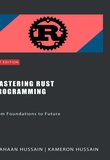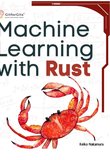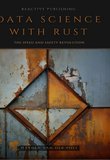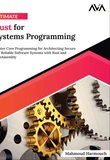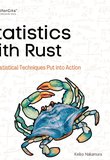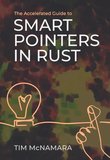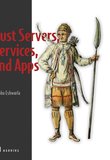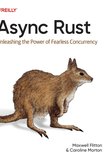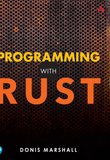-
.NET (.NET Core)
-
1C
-
APL
-
AWK
-
Agda
-
Agile/Scrum
-
Alef
-
Assembler
-
Basic
-
Beta Programming Language
-
Big Data/DataScience
-
C
-
C#
-
C++
-
CSS
-
Cobol
-
Crystal
-
D
-
Dart
-
DataBase (SQL)
-
Delphi
-
F#
-
Flutter
-
Fortran
-
GPT/AI/ИИ
-
GameDev
-
Git
-
Go (Golang)
-
HTML
-
Hacking and Security
-
Haskell
-
Java
-
JavaScript (JS)
-
Julia
-
Kotlin
-
Machine Learning (ML)
-
Natural language processing (NLP)
-
PHP
-
Pascal
-
Python
-
R
-
Ruby
-
Rust
-
Scratch
-
Swift
-
UML
-
UX/UI
-
Visual Basic
-
Wolfram
-
XML
-
АСУ
-
Проектирование/System Design
-
Сети/Network
-
Схемотехника/электронные схемы
-
.NET (.NET Core)
-
1C
-
APL
-
AWK
-
Agda
-
Agile/Scrum
-
Alef
-
Assembler
-
Basic
-
Beta Programming Language
-
Big Data/DataScience
-
C
-
C#
-
C++
-
CSS
-
Cobol
-
Crystal
-
D
-
Dart
-
DataBase (SQL)
-
Delphi
-
F#
-
Flutter
-
Fortran
-
GPT/AI/ИИ
-
GameDev
-
Git
-
Go (Golang)
-
HTML
-
Hacking and Security
-
Haskell
-
Java
-
JavaScript (JS)
-
Julia
-
Kotlin
-
Machine Learning (ML)
-
Natural language processing (NLP)
-
PHP
-
Pascal
-
Python
-
R
-
Ruby
-
Rust
-
Scratch
-
Swift
-
UML
-
UX/UI
-
Visual Basic
-
Wolfram
-
XML
-
АСУ
-
Проектирование/System Design
-
Сети/Network
-
Схемотехника/электронные схемы
Меню
Practical System programming for Rust developers
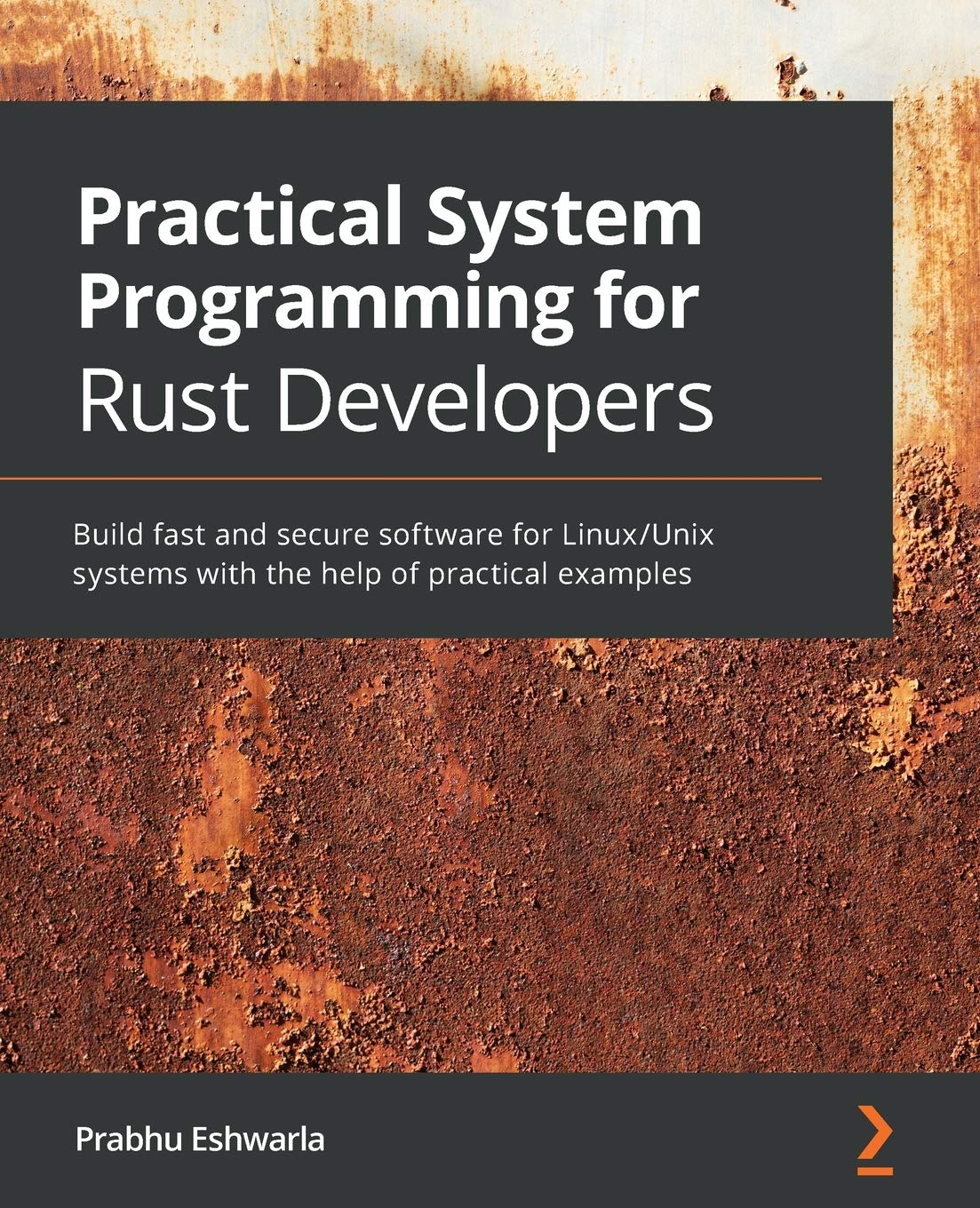
Автор: Eshwarla Prabhu
Дата выхода: 2020
Издательство: Packt Publishing Limited
Количество страниц: 388
Размер файла: 4,6 МБ
Тип файла: EPUB
Добавил: codelibs
The modern software stack is evolving rapidly in size and complexity. Technology domains such as the cloud, the web, data science, machine learning, DevOps, containers, IoT, embedded systems, distributed ledgers, virtual and augmented reality, and artificial intelligence continue to evolve and specialize. This has resulted in a severe shortage of system software developers able to build out the system infrastructure components. Modern societies, businesses, and governments increasingly rely heavily on digital technologies, which puts greater emphasis on developing safe, reliable, and efficient systems software and software infrastructure that modern web and mobile applications are built on.
System programming languages such as C/C++ have proved their mettle for decades in this domain, and provide a high degree of control and performance, but it is at the cost of memory safety.
Higher-level languages such as Java, C#, Python, Ruby, and JavaScript provide memory safety but offer less control over memory layout, and suffer from garbage collection pauses.
Rust is a modern, open source system programming language that promises the best of three worlds: the type safety of Java; the speed, expressiveness, and efficiency of C++; and memory safety without a garbage collector.
This book adopts a unique three-step approach to teaching system programming in Rust. Each chapter in this book starts with an overview of the system programming fundamentals and kernel system calls for that topic in Unix-like operating systems (Unix/ Linux/macOS). You will then learn how to perform common system calls using the Rust Standard Library, and in a few cases, external crates, using abundant code snippets. This knowledge is then reinforced through a practical example project that you will build. Lastly, there are questions in each chapter to embed learning.
By the end of this book, you will have a sound foundational understanding of how to use Rust to manage and control operating system resources such as memory, files, processes, threads, system environment, peripheral devices, networking interfaces, terminals, and shells, and you'll understand how to build cross-language bindings through FFI. Along the way, you will learn how to use the tools of the trade, and get a firm appreciation of the value Rust brings to build safe, performant, reliable, and efficient system-level software.

